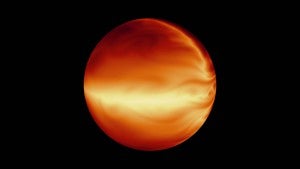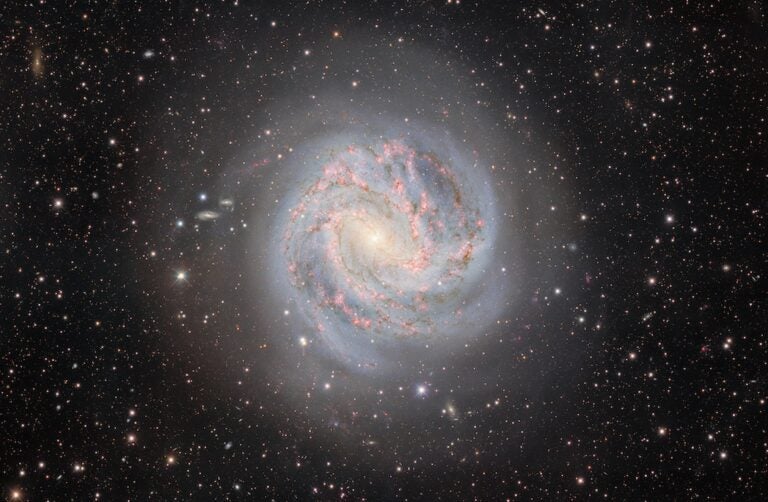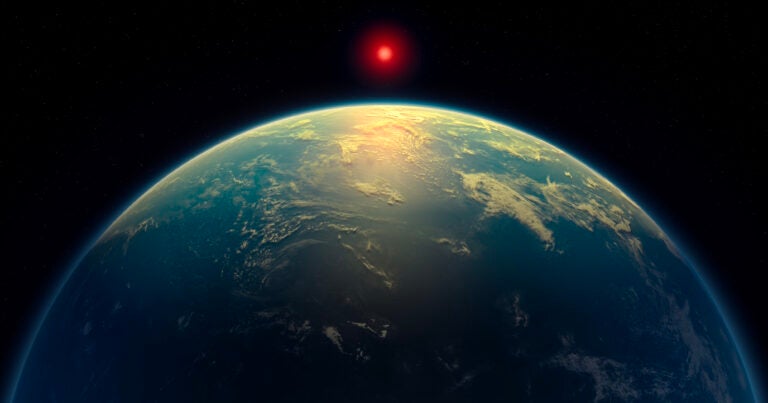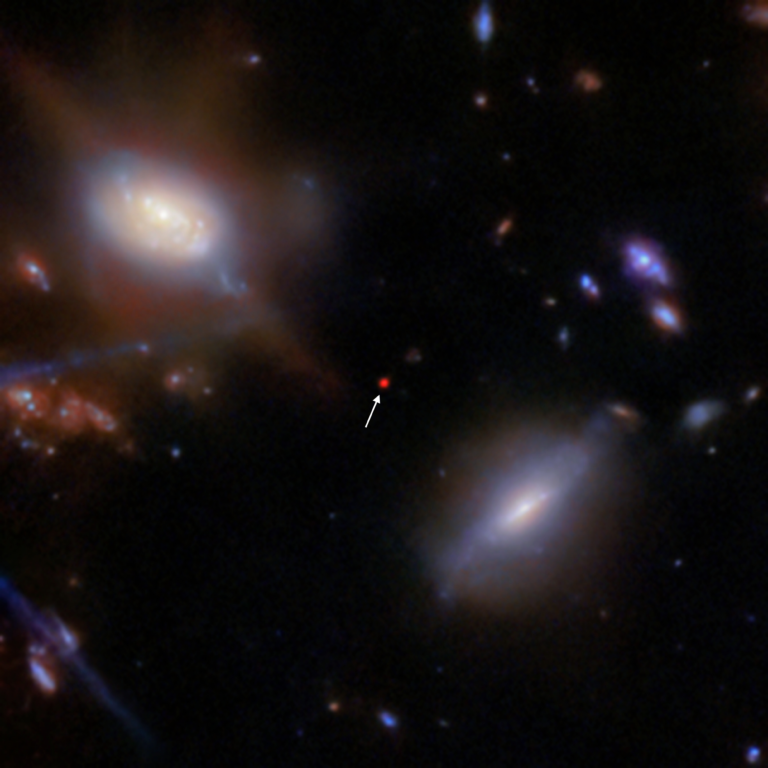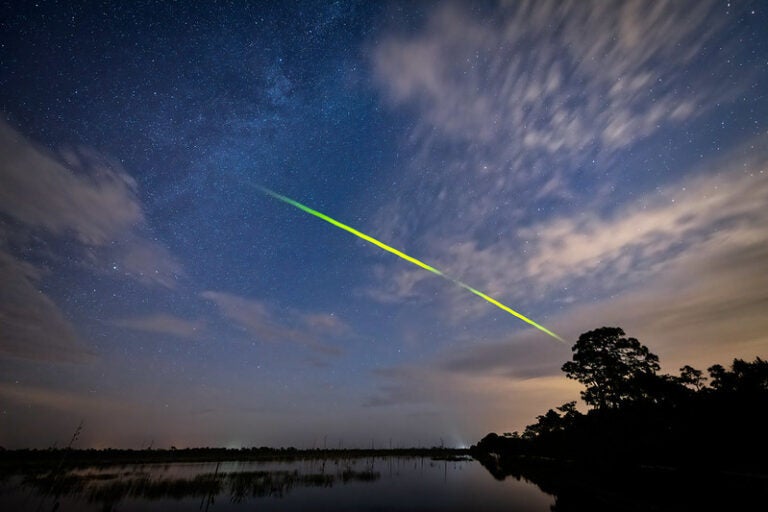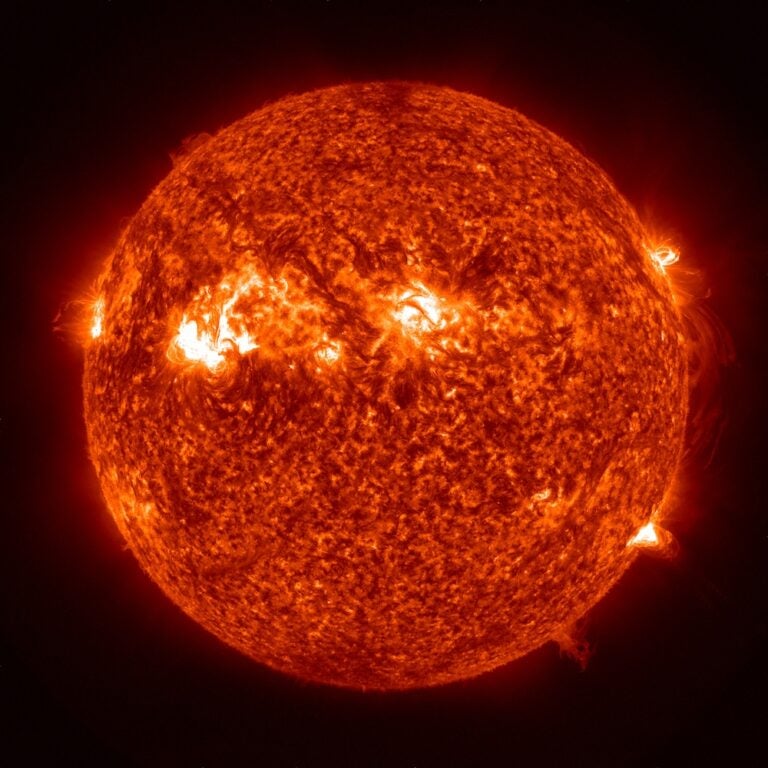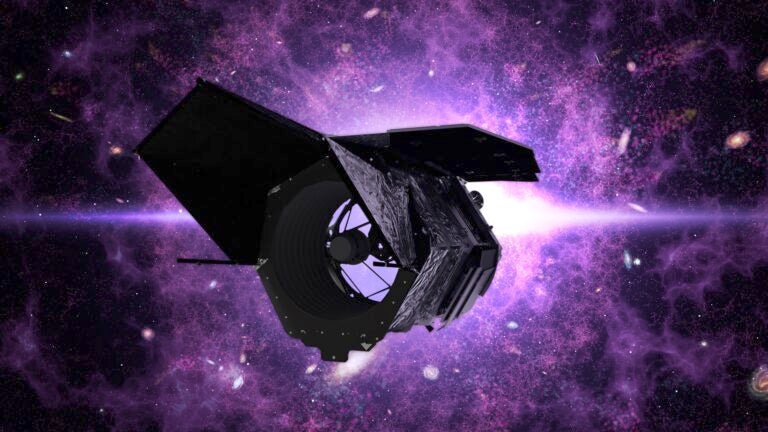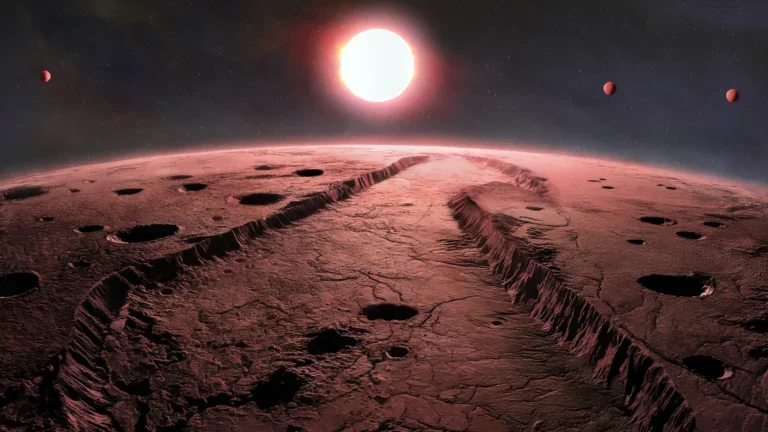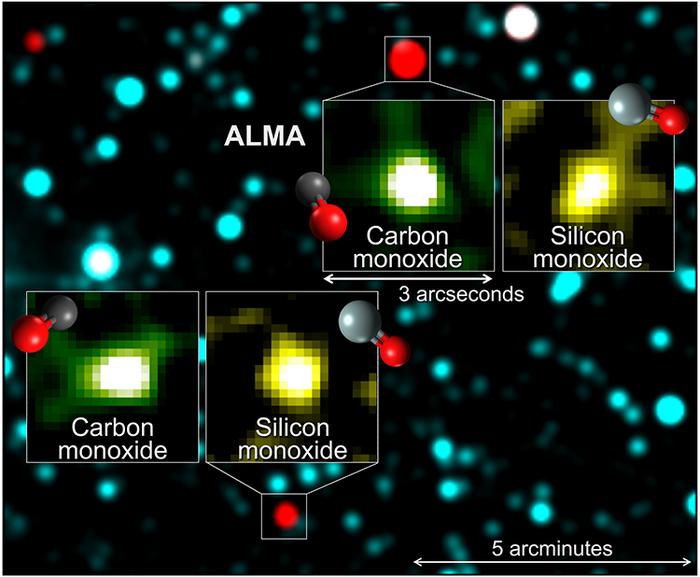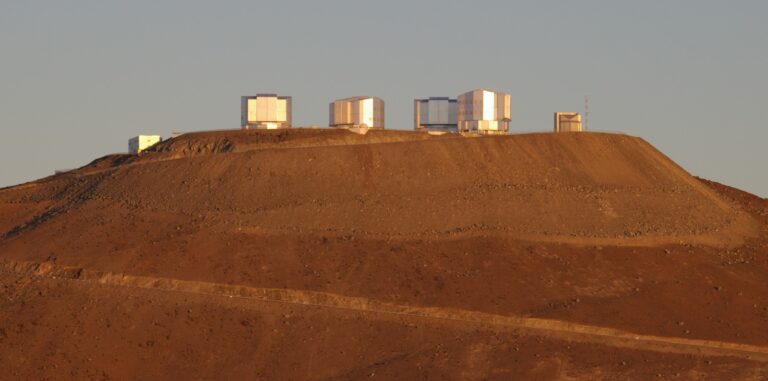The star at the center of this system, CI Tau, is only two million years old and surrounded by a protoplanetary disk made up of dust and ice. In this disk, the system’s planets, asteroids, moons, and other objects form. Scientists already knew about this system because they’d found a hot Jupiter — a gas giant exoplanet that orbits close to their star — around CI Tau. It was the first hot Jupiter to be discovered around such a young star.
That prompted astronomers at the University of Cambridge to use the Atacama Large Millimeter/submillimeter Array (ALMA) to see if that planet had any siblings, according to study author Cathie Clarke from Cambridge University’s Institute of Astronomy. Clark says her team found “big structures in the disk that we interpret as planets.” Essentially, the team found three gaps (in addition to the hot Jupiter) in CI Tau’s disk that are most likely caused by three gas giant planets. That brings the total to four massive gas giants around the star.
It also makes the worlds unique among known solar systems this young.
Inside CI Tau
As new technology emerges, the team expects to be able to detect the planets themselves, instead of just holes in the disk that they interpret as planets, Clarke said. The researchers also want to explore how such the weird solar system formed. That’s difficult with current theories.
“Planet formation models tend to focus on being able to make the types of planets that have been observed already, so new discoveries don’t necessarily fit the models,” Clarke said in a statement.
This work is published in the Astrophysical Journal Letters.
[Editor’s note: A previous version of this article incorrectly stated all four suspected exoplanets are hot Jupiters; however, only the innermost planet is close enough to be considered a hot Jupiter.]

